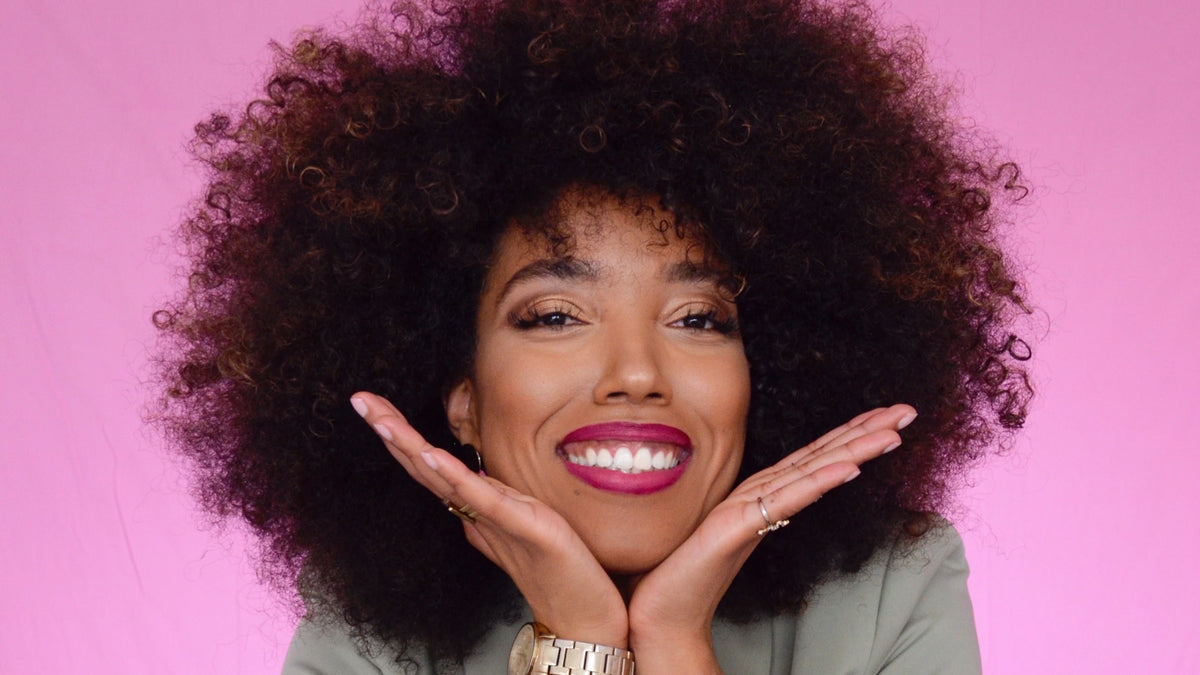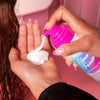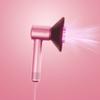
Hair transition: where to start?
You hear a lot of talk about hair transition, going natural, going on the right side of the force, and want to get started? It's not a simple step, but we give you our advice to get there!
Why make a hair transition?
The first question to ask is why. Why go natural? What do chemicals really do to my hair? And above all, what will going natural do for me on a daily basis?
First of all, it is important to know that most of the big-box hair products contain bad chemical agents, which gives the impression of having healthy hair, but for a short time...
Silicone, which is a plastic derivative, smoothes the hair cuticles and gives the impression of soft, silky hair. But in reality, silicone locks the hair and prevents it from breathing and absorbing the right nutrients.
Sulfate, found mostly in non-natural shampoos, is a surfactant that is aggressive to the skin and hair. Under the guise of deep cleansing because of the lather, it only dries out the hair and upsets the pH of the scalp. Having a shampoo that lathers a lot does not mean that it cleans well, be careful!
Mineral oils are also unsuitable for natural routines. They are kerosenes derived from petroleum that clog the pores of the scalp and thus prevent sebum from going down the fiber. Some denatured alcohols further dry out the hair and cause it to lose its shine. Textured hair is already very dry naturally, but with these harmful ingredients, it's guaranteed to break!

The steps to follow
First step: your hair transition will be more effective if you cut your very damaged ends, especially if you have colored, bleached and straightened. A big chop will be the best way to get a healthy start. It is the fact of cutting a big part of your hair to start again from scratch. But it is a very difficult decision to make, we understand!
Second step: to be sure that the good active ingredients in natural products will be accepted by your fiber, you need to do some transitional care and clarification. Indeed, your hair can react badly to the discovery of ultra-moisturizing and nourishing products because it has been used to receive chemical products, which prevent the product from absorbing nutrients. A clarification with our Tropical Detox will eliminate chemical residues but also the toxins present in the hair.
Third step: once you've gotten started and done your first transitional treatment, it's time to find the right routine for your hair type and needs. There are several guides available in French on our Instagram account to answer your questions: “Which shampoo to choose” ; “How to get volume” ; “How to apply products” ; How to protect your hair at night” or during sports.

Fourth step (and throughout your life): love and pamper your hair on a daily basis, along with a healthy lifestyle! Regular exercise will allow you to eliminate a maximum of toxins, and a good diet will help you obtain vitamins, proteins and iron. Finally, a good night's sleep and a stress-free day will help you have beautiful hair!









